

The Natural Language Toolkit (NLTK) is a powerful Python library used for processing and analyzing human language (also known as natural language processing or NLP). NLTK provides easy-to-use interfaces to over 50 corpora (large text collections) and lexical resources like WordNet, along with a wide range of algorithms and tools to perform tasks such as tokenization, parsing, stemming, and classification.
For BTech students, especially those in computer science, software engineering, and artificial intelligence, NLTK is an essential toolkit for getting hands-on experience with NLP, which is a subfield of artificial intelligence (AI) that focuses on enabling computers to understand, interpret, and respond to human language in a meaningful way.
Tokenization : Tokenization is the process of breaking text into smaller units, such as words, sentences, or subwords. These units are called tokens.
NLTK provides tools to perform word tokenization (splitting text into individual words) and sentence tokenization (splitting text into sentences).
Stop Words Removal:: Stop words are common words (like "is", "the", "and") that do not add significant meaning in text processing tasks like search engines or text classification.
NLTK provides a predefined list of stop words for several languages that can be used to filter out these common words.
Stemming and Lemmatization: Stemming and lemmatization are techniques used to reduce words to their base or root form. Stemming is typically a more aggressive and heuristic approach, while lemmatization uses a dictionary or linguistic knowledge to return the base form of a word.
Part-of-Speech (POS) Tagging:
POS tagging is the process of labeling each word in a sentence with its grammatical role (such as noun, verb, adjective).
NLTK has a POS tagger that can assign these labels to words based on context.
Text Classification:
Text classification is the process of assigning predefined labels to text. This could include tasks like sentiment analysis, spam detection, topic categorization, etc.
NLTK supports various machine learning algorithms, such as Naive Bayes, Decision Trees, and more, for text classification.
WordNet:
WordNet is a lexical database that groups English words into sets of synonyms (synsets) and provides relationships between them such as hyponymy (is-a relationship) and meronymy (part-of relationship).
NLTK has an interface to WordNet, which can be used for various tasks such as finding synonyms, antonyms, definitions, and more.




